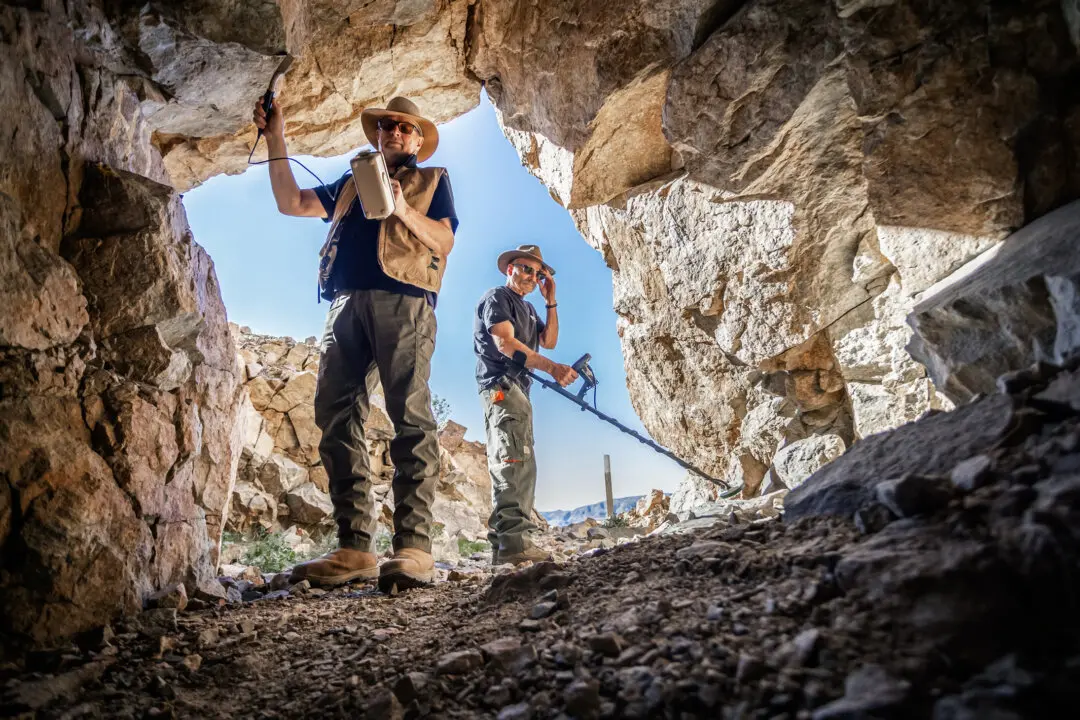Pandemic or not, the Nov. 3 general election will most likely happen as scheduled, political analysts tell The Epoch Times—but the COVID-19 outbreak will continue to wreak havoc with the process and the campaigns.
The uncertainties surrounding the pandemic and its economic fallout continue to change on a daily basis. As the election nears, voters will get a clearer picture not only of who will be on the ballot, but also where and how they will be able to vote.





